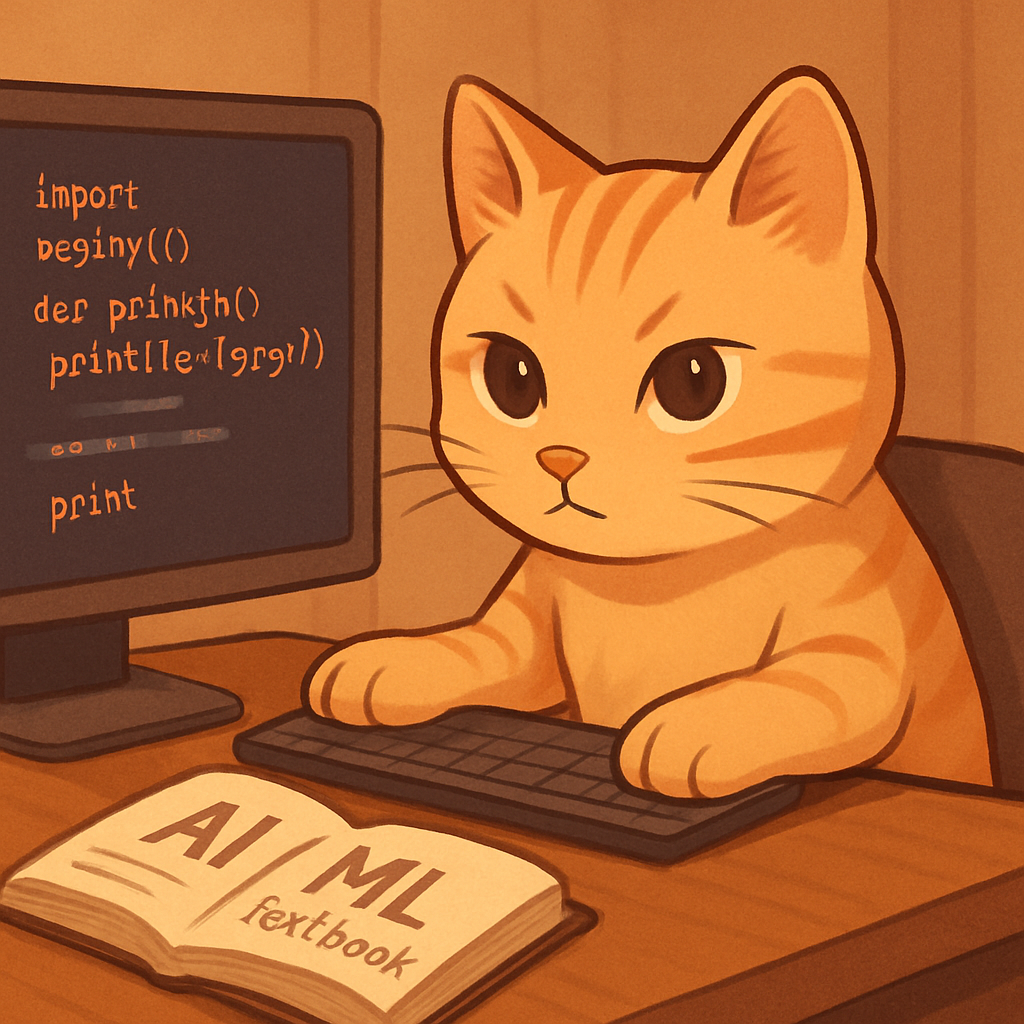What I Learned from a Simple Number Game in Python
## Recently I made a baseball number game as a small project. The objective of the game is simple, the computer choose 3 digit randomly and the player has to guess by trial and error. Player will choose any three number from 1~9 and it will match the computer’s number.
I have faced numeroud challenges while programming this game that I have never thought of before. I am making this post so that I don’t forget about the mistakes that I have made.
My Mistakes
1. Using Function Without a Return
def strikeBallOut():
sbo = {"strike": ..., "ball": ..., "out": ...}
return sbo # ← necessary
result = strikeBallOut() # ← recieve return so that it is able to be used
Calling this function is useless unless you actually store the result Otherwise, the data just disappears.
2. Reusing the Same Dictionary Causes Problems
If you keep appending the same dictionary to a list:
sbo = {}
sboList.append(sbo)
Every entry in the list points to the same object. You need to create a new dict each time to keep results independent.
3. Accessing a List Without Checking If It’s Empty
Trying to access sboList[-1] will crash if the list is empty. I learned to always check whether the list has content before referencing its elements.
4. Inputs Must Be Reset or Isolated
At first, I appended player inputs to a global list. Without resetting it between attempts, the list grew endlessly, and logic broke. Lesson: use .clear() or keep the input logic inside the function.
5. Keep Game Logic Simple and Linear
I started with nested loops comparing positions, like:
for i in range(3):
for j in range(3):
if ...
But I later realized: I only need to loop once with range(3) and compare values at the same index. Cleaner and faster.
6. Avoiding Duplicate Random Numbers
Originally I used:
random.randint(1, 10)
But this could result in duplicates. I switched to:
random.sample(range(1, 10), 3)
7. Understanding global in Functions
I learned that global allows a function to modify variables declared outside it.
But I also realized that relying too much on it can be messy — it’s often better to use return values and assign them properly outside the function.
What I learned
This project helped me strengthen these foundational skills:
- Understanding variable scope (local vs global)
- Handling references (mutable objects like list, dict)
- Structuring logic more cleanly (simplifying loops/conditions)
- Managing user input safely with try/except
- Using return values to pass data between functions
- Managing game state with well-structured data (dict + list)
- Debugging systematically with print() and input validation
What I want to do next
This started as a small Python challenge, but I ended up learning far more than I expected. Making mistakes was the best part — because each one taught me something that stuck.
Next, I want to keep building: maybe expand this into a GUI, or explore other small games.
